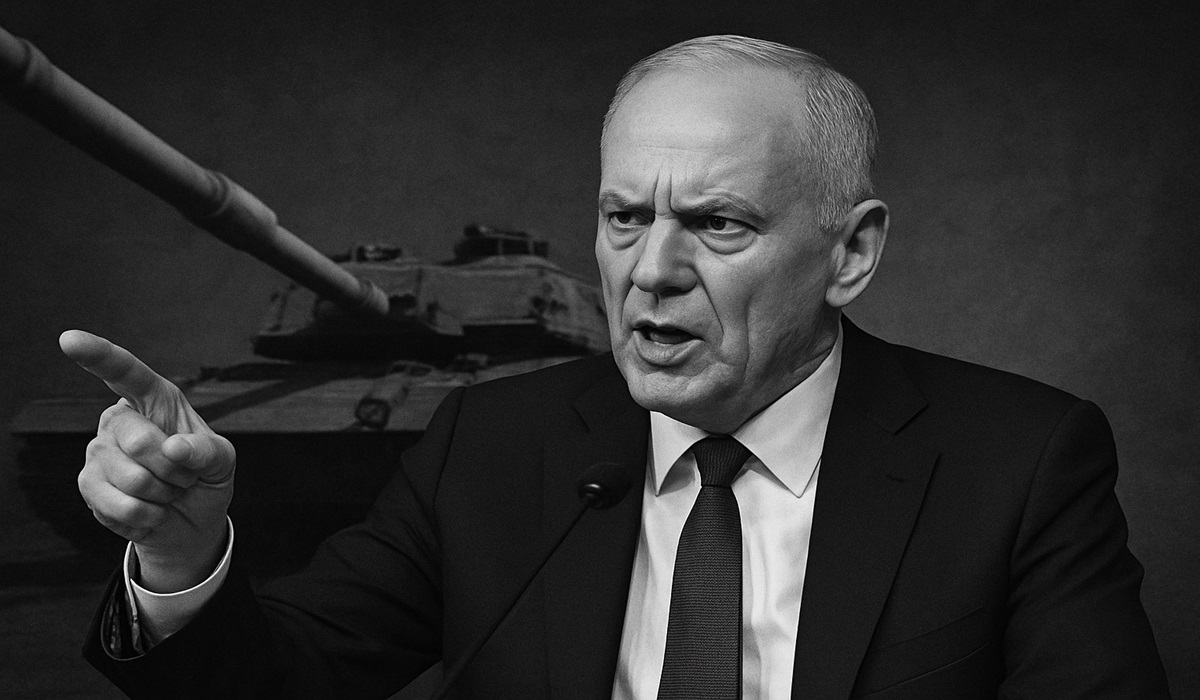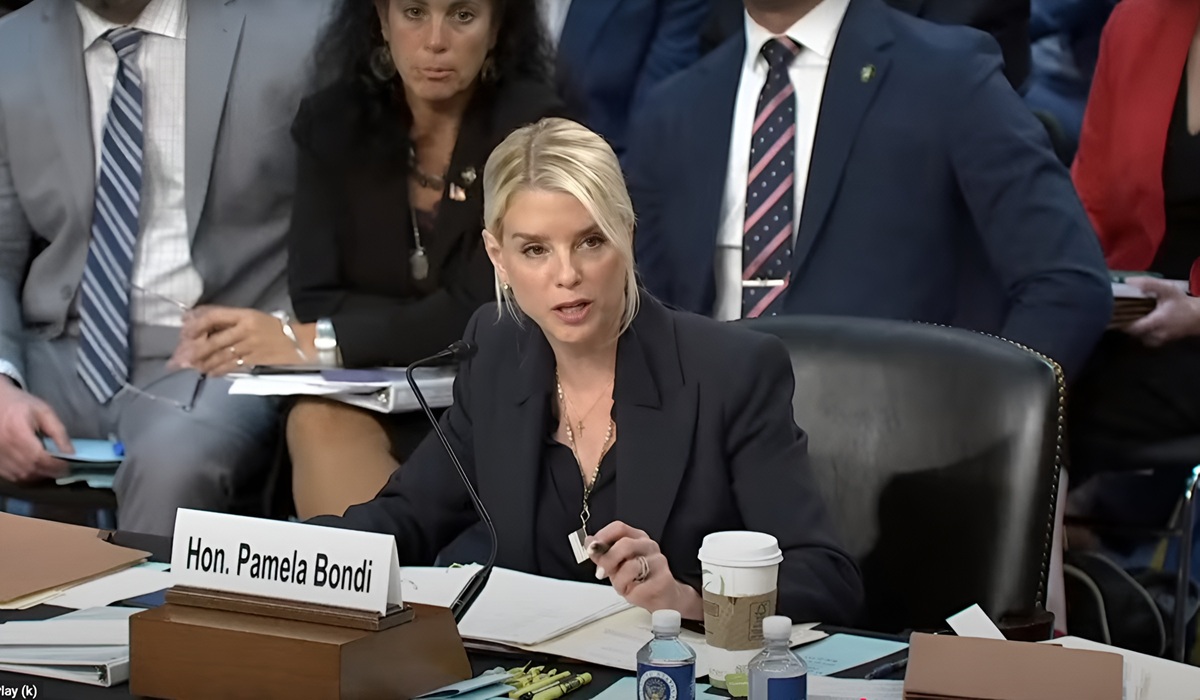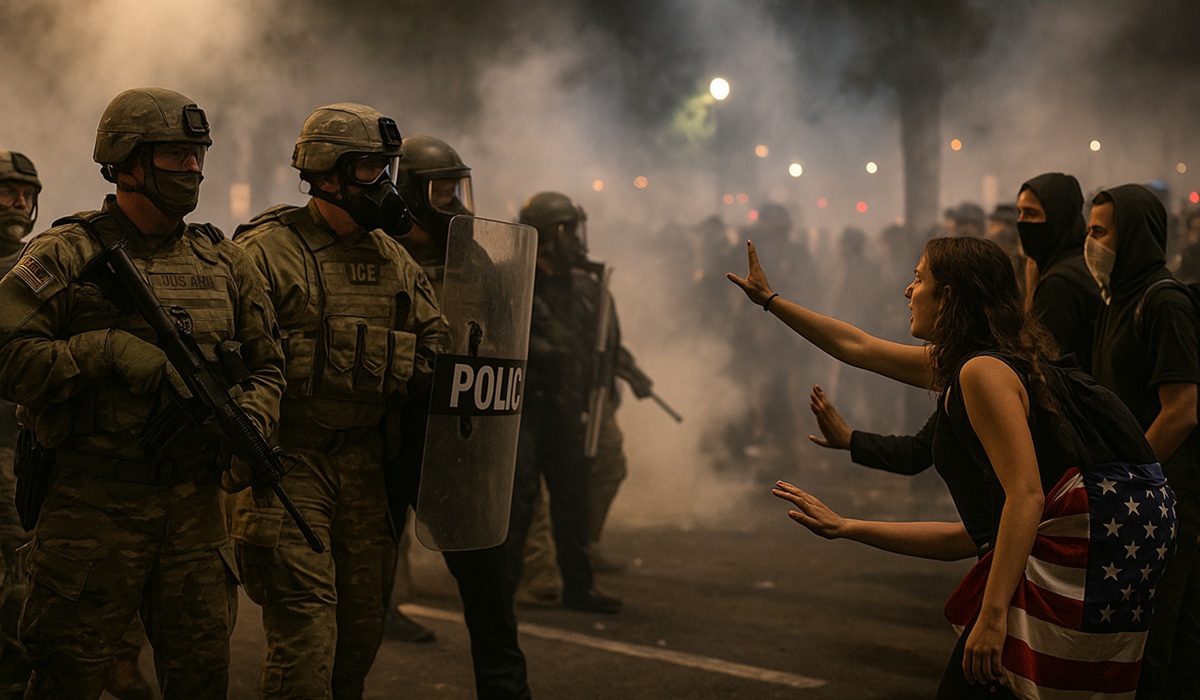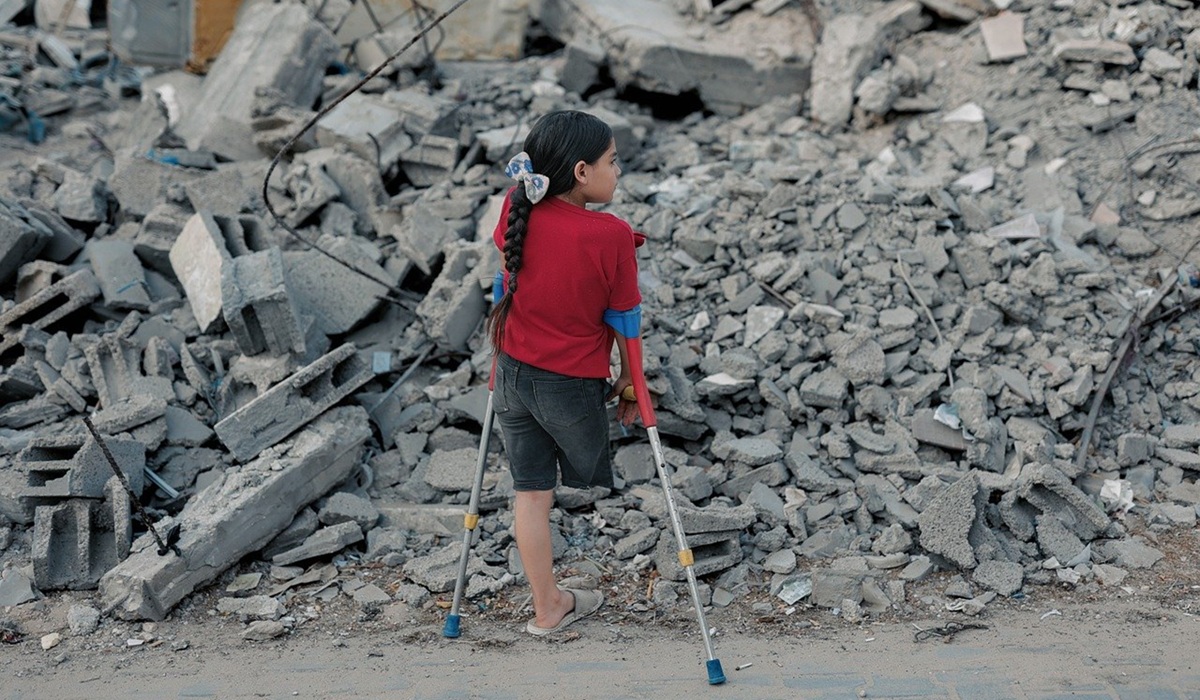There’s a cruel irony that threads itself through every modern-day peace conference, every international summit, and every hand-wringing UN resolution. It’s the dissonance between the world’s loud declarations for peace and its insatiable appetite for war. And until we begin to reckon with this fundamental contradiction—until we admit that war isn’t a failure of diplomacy but a feature of modern geopolitics—we will never, ever know peace. Because peace, in the eyes of those who rule the world, simply doesn’t pay.
Let’s stop pretending otherwise. We live in a global order where the currency of dominance is military might. Arms exports are not simply weapons sales—they are the strings by which empires pull regimes, redraw borders, and collapse governments. Peace is not profitable. Peace does not secure reelections. Peace doesn’t inflate stock prices for Lockheed Martin, Raytheon, BAE Systems, or Dassault. War does.
The hypocrisy is staggering. The world’s largest arms dealers—namely the United States, Russia, China, France, and the United Kingdom—are also permanent members of the UN Security Council, the very body charged with maintaining international peace and security. In 2024 alone, over $600 billion was spent globally on arms exports, much of it driven by conflicts these nations either stoked, armed, or directly intervened in. Who benefits from this obscene machinery of destruction? Certainly not the civilians in Sudan, Gaza, Yemen, Ukraine, or Haiti. Certainly not the millions displaced, orphaned, or buried beneath the rubble.
No, the beneficiaries are the same suits who toast at defense galas and lobby behind closed doors. Defense contractors whose revolving door with government keeps the war machine humming. Politicians who wrap themselves in flags, boast of military prowess, and use “freedom” as a euphemism for forced regime change. And let’s not forget the media conglomerates that amplify the drumbeats of war while cloaking it in the language of liberty.
What’s worse is how deeply embedded this system has become. The U.S. Pentagon budget exceeds one trillion a year—more than the next ten countries combined. These aren’t just numbers. They are institutional proof that the military-industrial complex is not a warning anymore; it’s the operating system of the American empire. And like any empire, it cannot abide by sovereignty unless it is subordinate, cannot tolerate democracy unless it is controllable, and cannot support peace unless it is profitable.
This system thrives not just on war itself, but on the pretext for war. “Weapons of mass destruction.” “Humanitarian intervention.” “Counterterrorism.” “Defending democracy.” The lexicon changes, the lie does not. From Iraq to Libya to Afghanistan to Syria, and now again in proxy battles throughout Africa, the formula repeats: destabilize, intervene, extract.
Africa, in particular, has been the bleeding ground for this extractive foreign policy—its leaders toppled, its resources pillaged, its populations sacrificed at the altar of foreign interest. What enrages Western powers the most is not that nations like Mali, Niger, or Burkina Faso have suffered. It’s that they dare to assert independence. That they expel foreign troops. That they flirt with non-alignment in a world that demands allegiance. In such a world order, sovereignty is a crime and obedience is rewarded with aid and weapons—strings attached.
It is not paranoia to say that many of today’s conflicts are not accidents of history or culture, but products of design. Puppet regimes aren’t just tolerated; they’re engineered. Leaders who serve corporate and imperial interests stay in power, regardless of how corrupt or brutal. The moment they step out of line—whether by nationalizing resources, pursuing regional integration, or resisting military basing—they are painted as threats to stability and swiftly dealt with.
Take Haiti. A country perpetually punished for its audacity to be the first Black republic. Every time it tries to rebuild on its own terms, it is met with foreign intervention, economic strangulation, or political sabotage. The same playbook has been applied in Venezuela, Iran, and beyond. The target isn’t tyranny—it’s independence.
There is a fundamental philosophical question we must confront: can a world built on domination ever produce peace? Can empires act in good faith? Can governments captured by defense lobbyists truly work for disarmament? Every indicator says no. The brutal truth is that peace requires power to step aside, and power never abdicates willingly.
So, who is peace for? In today’s geopolitical economy, it is not for the hegemon. Peace is for the people. The farmers in war-torn provinces. The mothers praying their children won’t become martyrs. The youth fleeing conscription. The displaced who dream not of revenge but of return. These are the true victims of a world that worships militarism and calls it policy.
And still, we teach children to believe in peace. We hold summits and wear pins and sing hymns and wave flags and say “never again” while approving defense budgets and selling fighter jets. This isn’t optimism. It’s theatre.
This is not to say peace is impossible. But in the current system, it is undesirable to those in charge. It would mean dismantling profit pipelines. It would mean truly confronting imperial history and abandoning the false notion that some nations are inherently more entitled to shape the world than others. It would require choosing solidarity over supremacy, equality over dominance. And for that, there is simply no appetite among those who rule.
The tragedy is that the longer we chase illusions of peace from the same mouths that sell us war, the more we delay the real work of liberation. We must stop pretending that peace can be negotiated by those who benefit most from chaos. Stop pretending the arsonist can double as the firefighter.
The answer isn’t simple. But it begins with clarity. And clarity demands this: war is not the failure of diplomacy. It is the product of a global hierarchy that profits from suffering. Peace, then, will not come from the top down. It will only rise from the ground up—when people refuse to die for oil fields and flag colors, when nations band together outside the orbit of empire, when the lies of militarism are no longer tolerated as noble sacrifice.
But until that day comes, let us at least be honest. The world does not want peace. It wants power. And power, as it stands, needs war.









